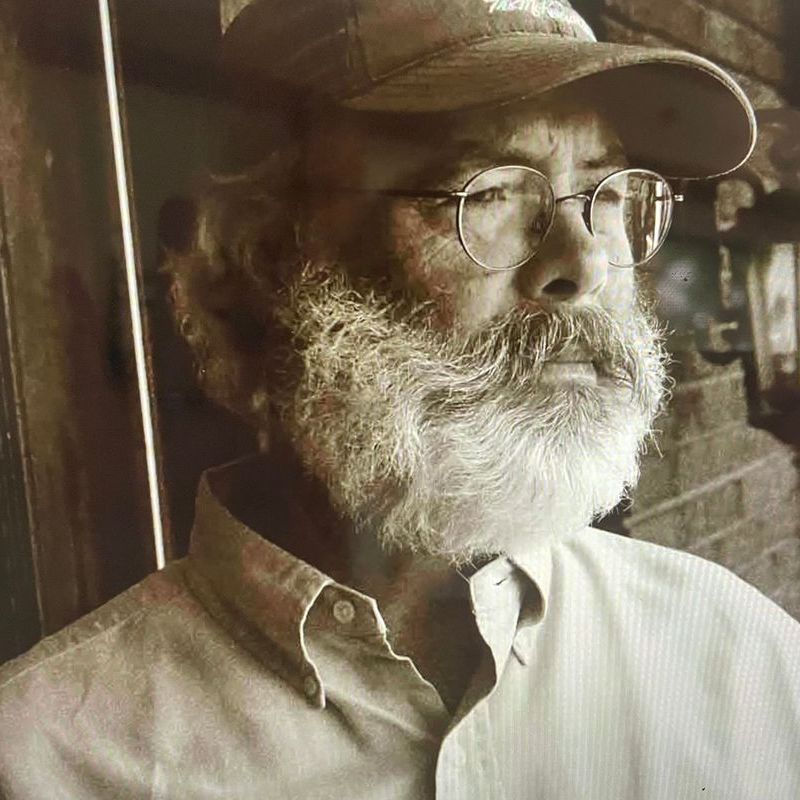
Raymond Turpin, PsyD
Executive Director/Clinical Director
Waynesville NC
For ketamine-assisted psychotherapy (KAP), I will take the time in the intake assessment to get a clear idea of what it is you are wanting help with to change. I pay particular attention to a client's history and trauma history so that I can have some context for later helping the client make sense of their ketamine experience, particularly if there were images generated that could be of a metaphorical or symbolic nature. After passing a medical screen, we then focus on preparation where I prepare the client for the likely effects of the ketamine. give them some helpful instructions for how to best work with the medicine, make sure they feel safe and comfortable and spend as much time as we need to identify and articulate 1-3 intentions for each KAP session. The KAP sessions themselves consist of prep and intentions review, checking and monitoring vitals, getting comfortable and then administering the ketamine, usually by IM injection. The last 60-90 minutes of the 3 hour KAP session is spent doing initial integration work which is vital to helping clients get the most out of their experience. It is not my job to tell them what things mean but to help them arrive at their own meanings that resonate with them. Then there is follow-up integration sessions that can happen online or in-person where I assist the client in being able to bring their ketamine insights into their everyday lives.
For psychedelic integration, same level of attention is spent getting to know a client and their personal life story and then examining their psychedelic experience(s) to understand the nature of the integration challenges and then use my experience and training to help them find meaning so that they can successfully make this knowledge a contributing part of their healing process.
I have been a licensed clinical psychologist since 2001 and have extensive experience (since 1984) researching psychedelics and psychedelic-assisted therapy. I have extensive training and experience working with trauma and PTSD as well as mood disorders and behavioral issues with children, adolescents and families as well as adults. I attended the University of Georgia and earned a BA in Psychology before graduating from West Georgia College's humanistic psychology program in 1989 with an MA in Psychology. I completed my doctoral training at the California Institute of Integral Studies in San Francisco in 1999. Moved to western North Carolina in 2001 and remain in Waynesville, NC currently. Completed the CIIS Certificate in Psychedelic Therapy and Research in 2017 and have been a mentor for the CIIS CPTR program since 2022. We opened the Pearl Psychedelic Institute in Waynesville in 2022 (where I am the Executive Director and the Clinical Director) and we were one of only two sites in the US with permission to administer MDMA-assisted therapy for treatment-resistant PTSD where I served as a co-Clinical Investigator. Currently providing ketamine-assisted psychotherapy (KAP) services at the Pearl as well as Psychedelic Integration counseling. Married for 35 years and have two adult children, two dogs and four cats and I like hiking, backpacking, playing music and reading.
Ketamine-assisted psychotherapy (KAP) services (intake assessment, medical screen, prep session(s), 3 hour KAP session with in-session clinical support and medical monitoring, and follow-up integration support). All aspects of KAP can be done online or in-person. The 3 hour KAP sessions must take place at our clinic location in Waynesville, NC.
Psychedelic Integration services: This is for people who have had a psychedelic experience on their own or with friends or in the context of working with an "underground" psychedelic provider and are struggling with making meaning of their experience. At the Pearl we take the time to do a careful intake assessment where we get to know the client and their story and then we explore the psychedelic experience(s) that may be causing them some distress or other issues. We then assist the client with making meaning of what they experienced and help them make any adjustments they may need to make in order to accommodate this new knowledge in healthy and beneficial ways.